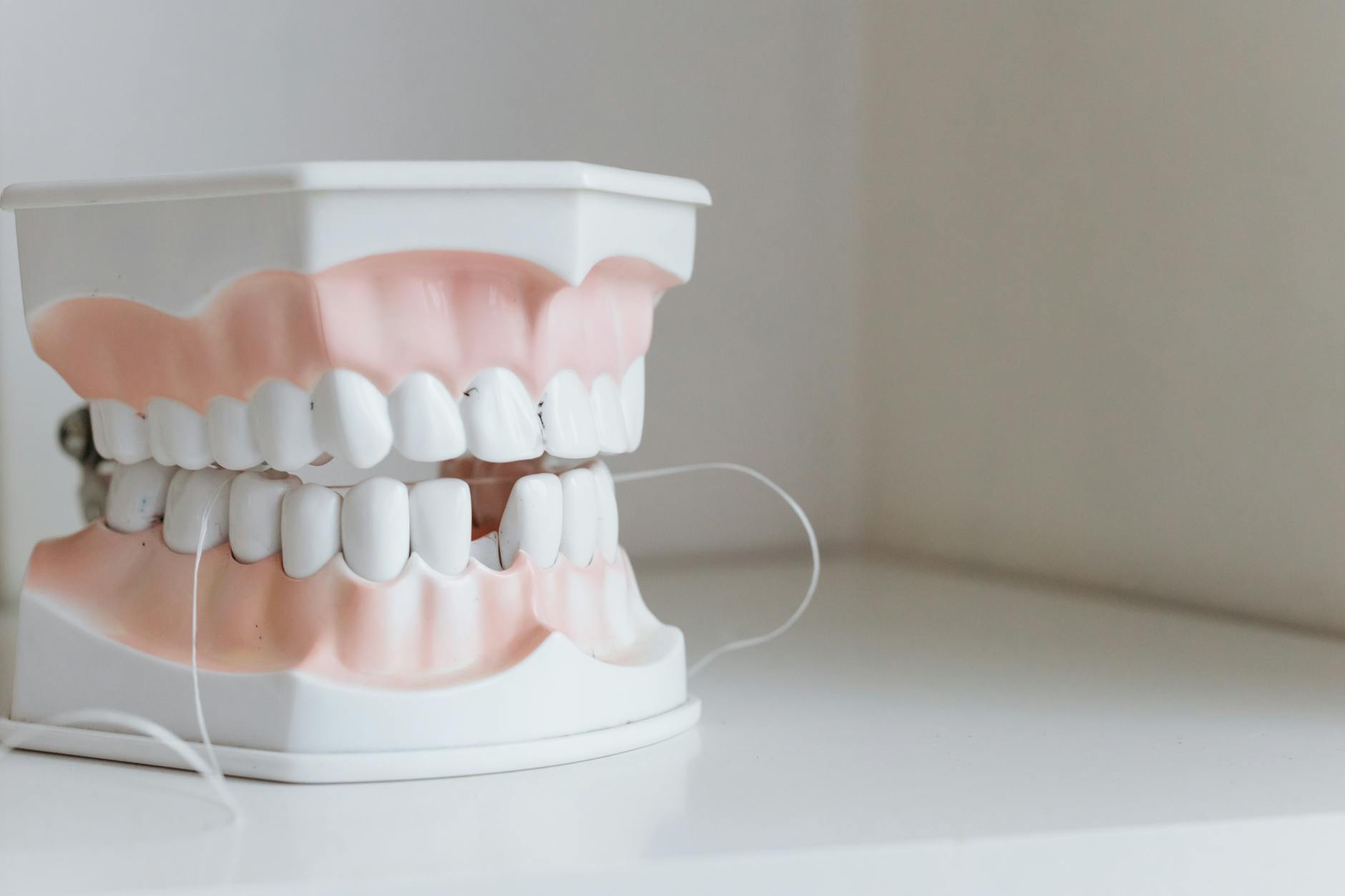
Fixed dentures offer stability, while removable dentures provide flexibility
The main difference between fixed and removable dentures is how they stay in place. Fixed dentures, also known as implant-supported dentures, are permanently anchored in the mouth using dental implants. This provides a secure, stable fit that doesn’t move or shift during speaking or eating. Removable dentures, on the other hand, rest on the gums and can be taken out for cleaning or at night. They rely on natural suction or adhesive to stay in place.
Fixed dentures offer more stability, while removable dentures offer more convenience and flexibility.
Fixed dentures are more secure and feel more natural
Because fixed dentures are attached to dental implants, they offer a much more secure fit compared to removable dentures. They function more like natural teeth, providing improved chewing ability and a more comfortable, natural feel. Removable dentures, though functional, can sometimes shift or feel bulky, especially when eating or speaking, which may cause discomfort or self-consciousness.
Fixed dentures feel more natural and provide better stability than removable ones.
Removable dentures are easier to maintain
One of the advantages of removable dentures is that they are easier to maintain. You can take them out for cleaning, which helps avoid bacteria buildup and ensures thorough hygiene. Fixed dentures, on the other hand, require regular care from a dentist to check their fit and condition. While both types need regular cleaning, removable dentures can be cleaned independently at home.
Removable dentures are simpler to clean, while fixed dentures need professional care.
Fixed dentures require surgery, while removable ones do not
Fixed dentures require a surgical procedure to place dental implants in the jawbone. This procedure involves a recovery period and requires the patient to have sufficient bone density to support the implants. Removable dentures, however, do not require surgery and can be fitted more quickly. They’re ideal for individuals who may not be candidates for implants due to bone loss or other medical reasons.
Fixed dentures involve surgery, whereas removable dentures are non-invasive and faster to fit.
Fixed dentures preserve bone structure, while removable ones do not
One of the key benefits of fixed dentures is that they help preserve the jawbone. The dental implants used to secure the dentures stimulate the bone in the same way natural teeth do, preventing bone loss over time. Removable dentures, however, do not offer this benefit. Over time, wearing removable dentures can lead to bone resorption, which can change the shape of the face and affect the fit of the dentures.
Fixed dentures maintain bone structure, while removable ones don’t offer bone preservation.
Removable dentures are more affordable than fixed dentures
In terms of initial cost, removable dentures tend to be more affordable than fixed dentures. The cost of removable dentures is lower because they don’t require surgery or implants, making them a good option for people on a budget. Fixed dentures, however, involve a higher upfront cost due to the need for implants and surgical procedures. Despite the higher cost, fixed dentures may be more cost-effective in the long run due to their durability and longevity.
Removable dentures are less expensive initially, but fixed dentures may offer more value over time.
Fixed dentures last longer than removable dentures
Fixed dentures typically last longer than removable dentures. Since they are anchored in place, they tend to be more durable and less prone to wear and tear. With proper care, fixed dentures can last for decades. Removable dentures, while effective, may need to be replaced or relined more often as the shape of your mouth changes or as the dentures wear out. Regular maintenance is required to ensure a good fit and comfort.
Fixed dentures generally have a longer lifespan compared to removable dentures.
The right choice depends on your lifestyle and needs
The decision between fixed and removable dentures depends on several factors, including your oral health, lifestyle, budget, and personal preference. If you want a more stable, natural-feeling solution and are willing to undergo surgery, fixed dentures may be the right choice. If you need a more affordable, non-invasive option with easier maintenance, removable dentures may be a better fit. It’s essential to consult with your dentist to determine which option best suits your needs.
Each type of denture offers its own benefits—your dentist can help guide you to the right choice for your situation.
